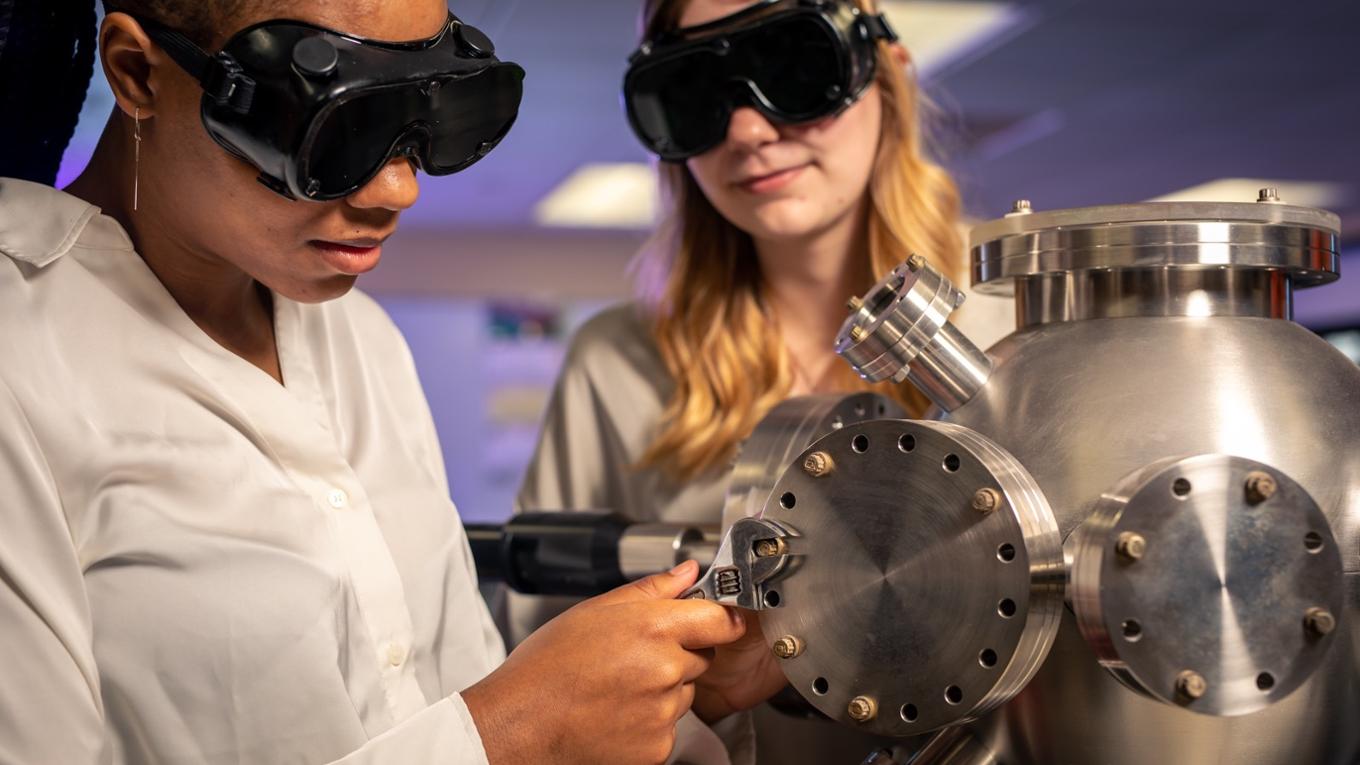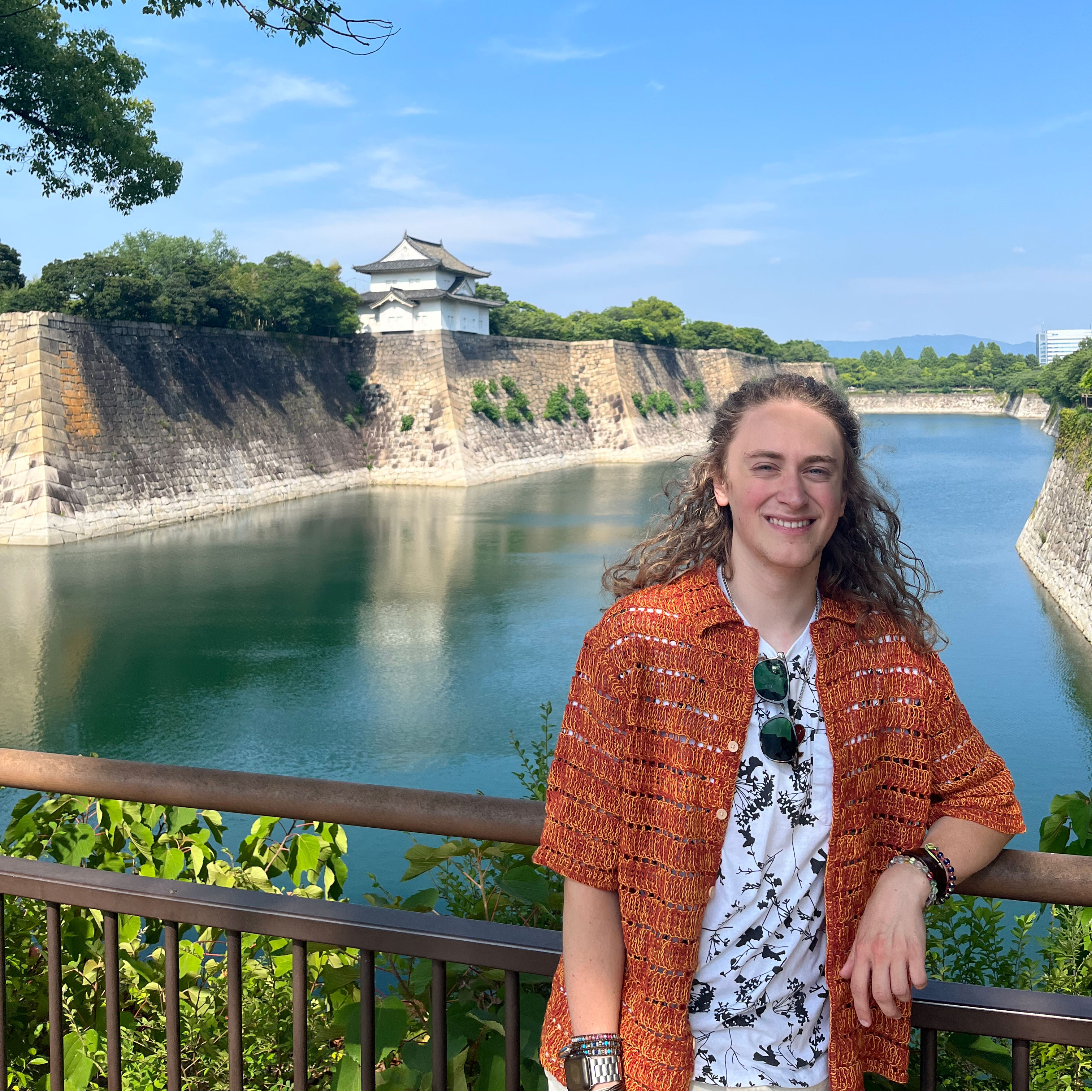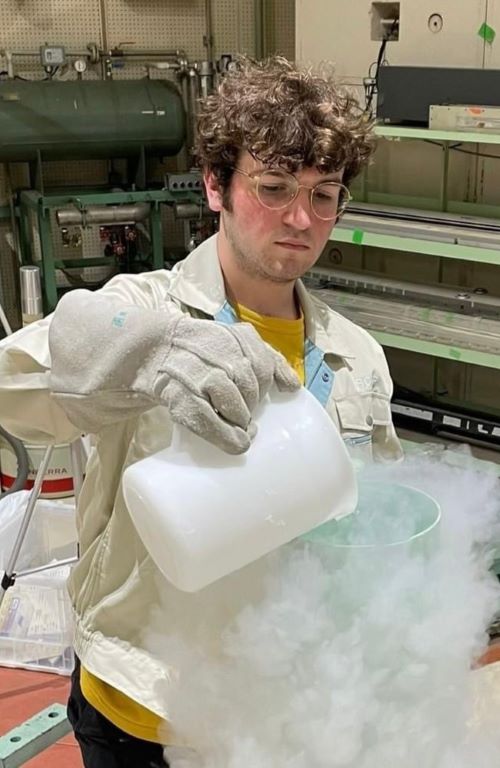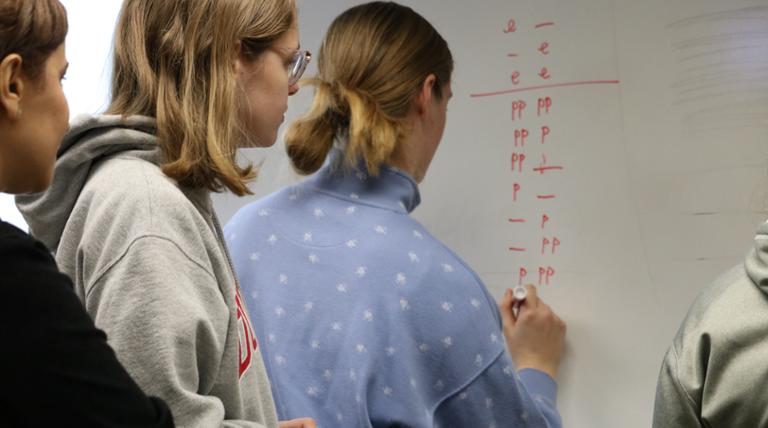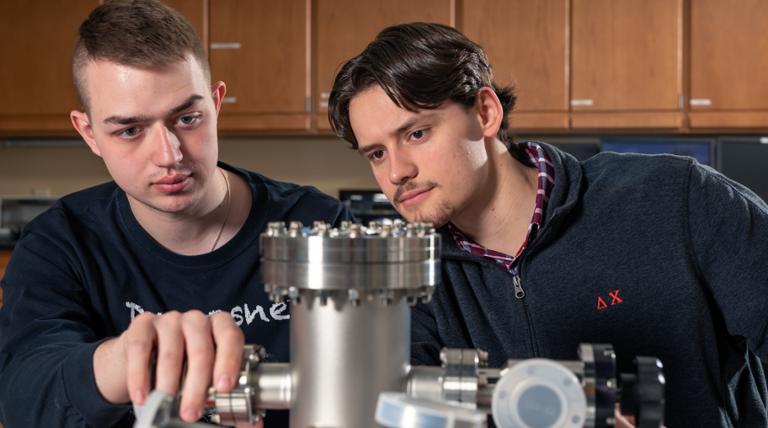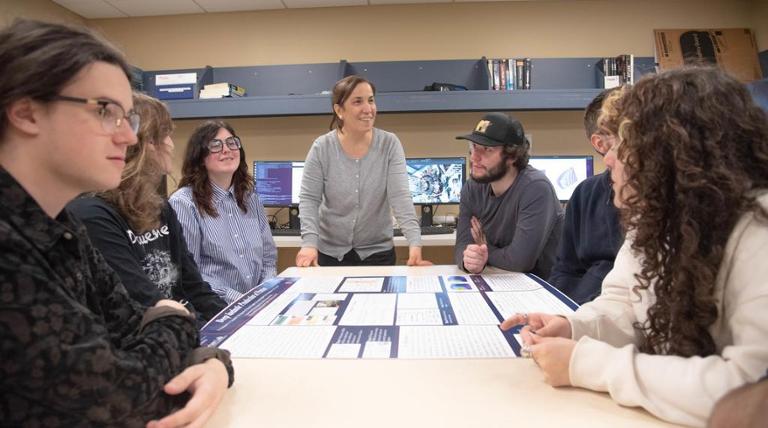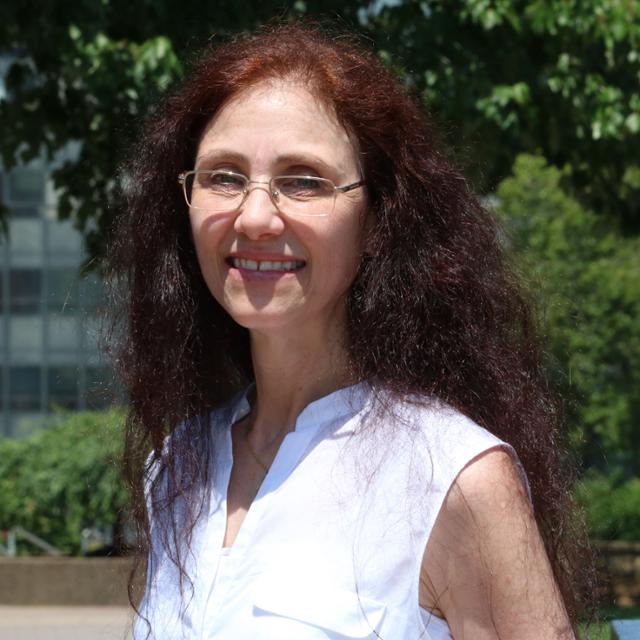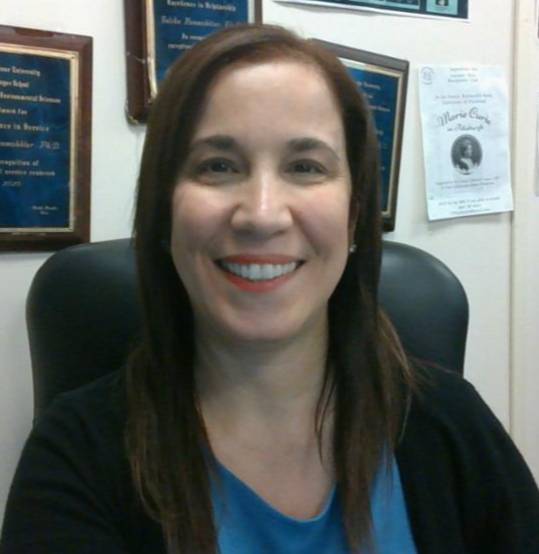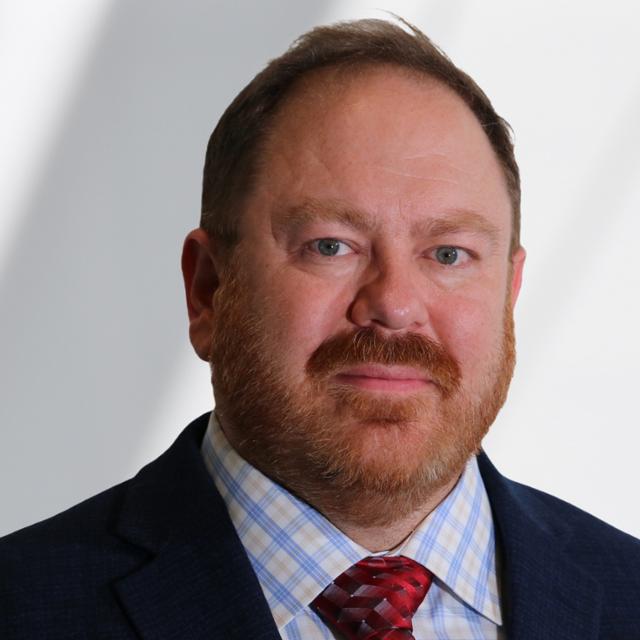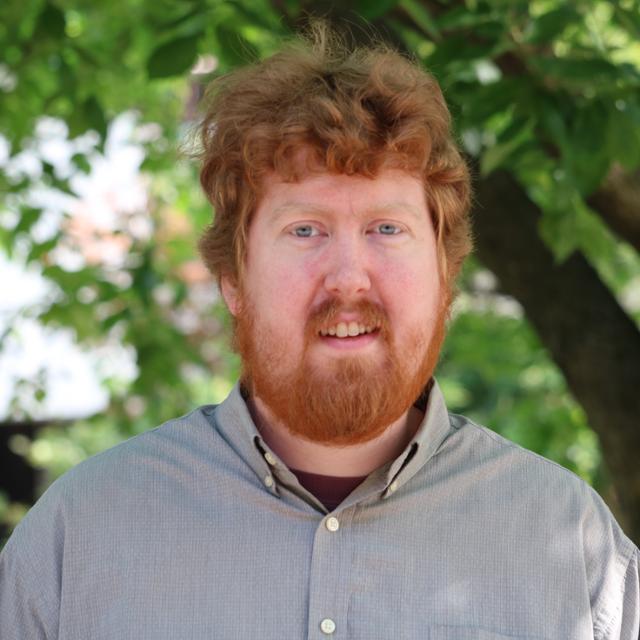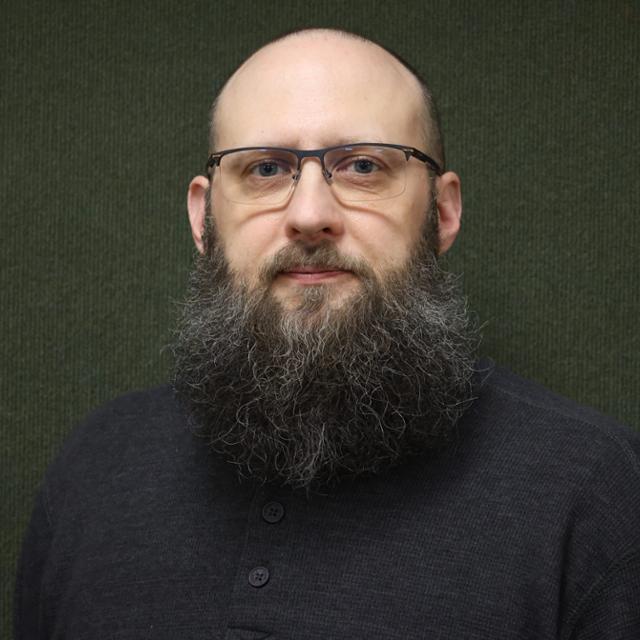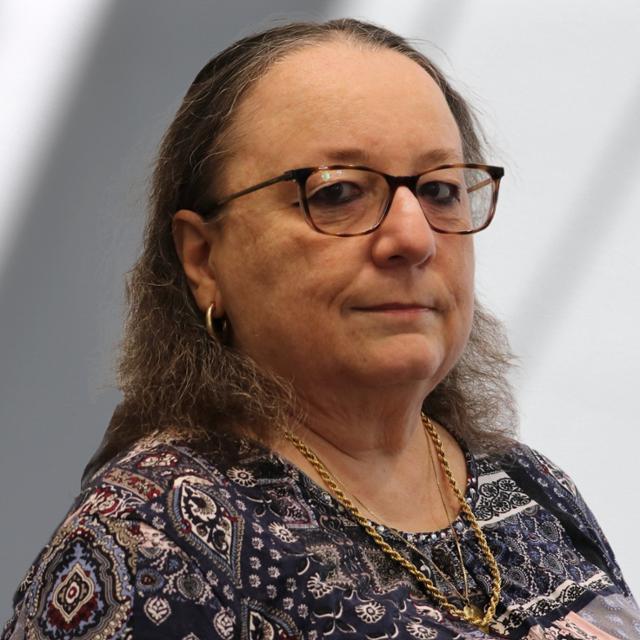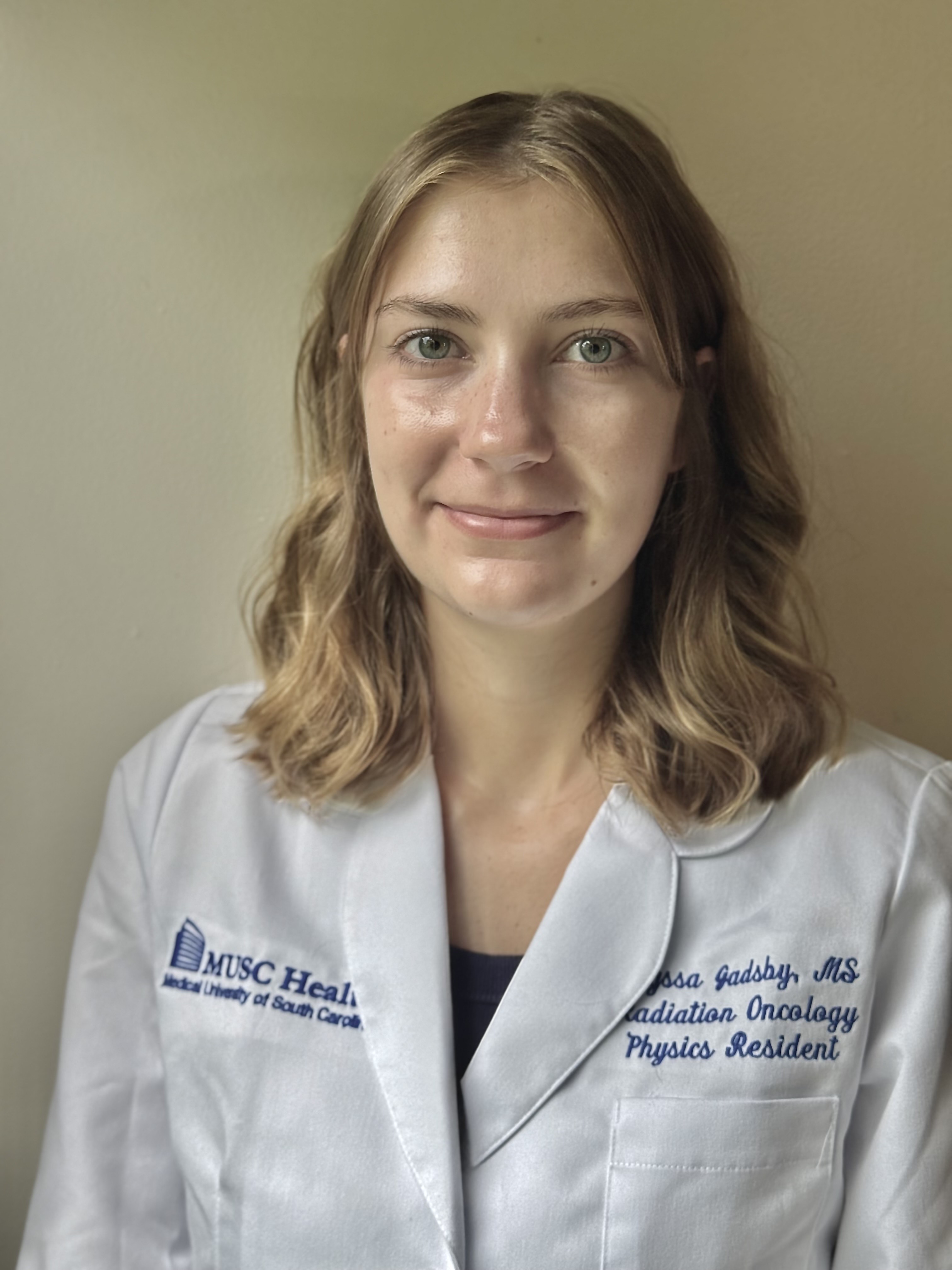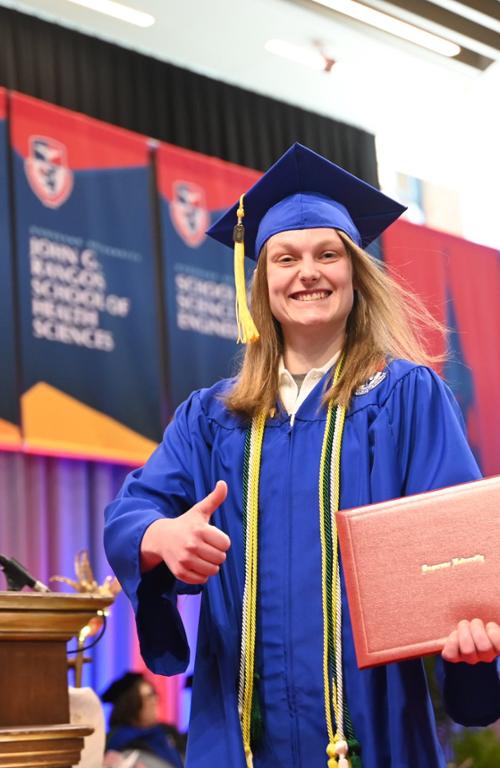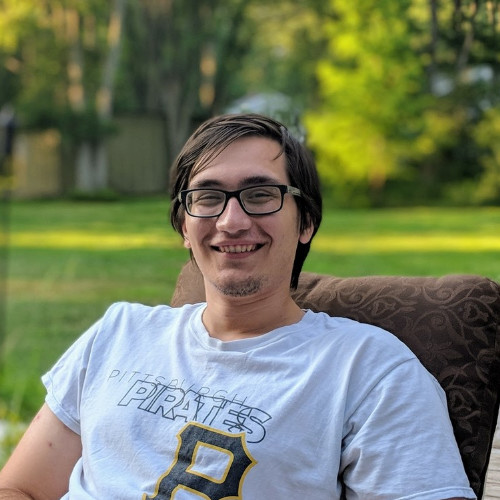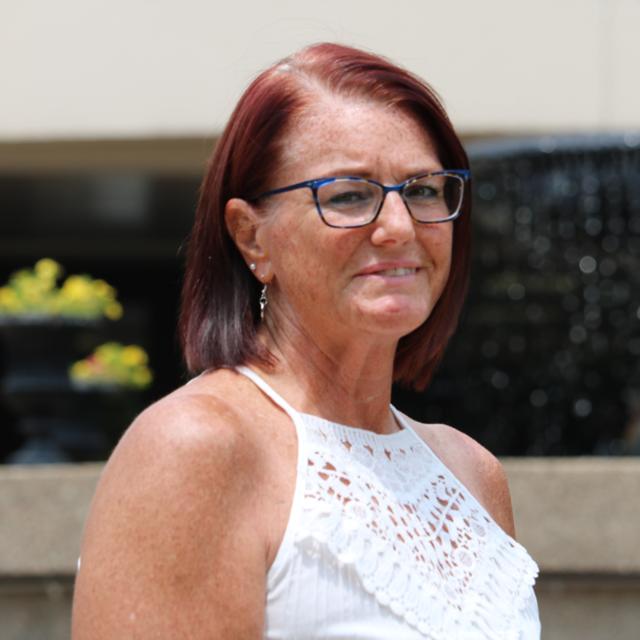Training unique problem solvers
Spanning the full breadth of knowledge to the frontiers of matter and astrophysics, our coursework promotes the ability to think in unscripted ways – the essence of what it means to be a physicist. Strong math and flexible programming requirements are the key pillars supporting the curriculum. Research experiences are an integral component of the programs, offered as early as your first year and enriched with travel to partner sites across the world. Our faculty are caring mentors who will support you as they challenge you to reach your full potential.
We prep you for the fulfilling career that you can expect by going beyond coursework and embedding you in experiential opportunities that interface with the many outcomes available to the physics major:
- Alumni network. We keep strong ties to our alums and invite them regularly to share experience and advice. We host 3-5 alums per year, representing a wide spectrum of career outcomes.
- Local outreach. We reach out to local businesses and museums to partner in projects and visits.
- National internships. We alert you of national opportunities and mentor you through the application process. About 5-10 students travel to internships every year to sites such as Jefferson Lab, Los Alamos National Lab, Fermilab, Princeton Plasma Physics Lab, Argonne Lab, and NSF-funded REU sites across the country.
In Spring 2025, Jaycie Corazzi-Gigliotti earned the highly competitive SULI Spring
scholarship from the Department of Energy’s Jefferson Lab—a program that draws the
nation’s most talented students. The scholarship has opened doors to horizon-expanding
possibilities, and she credits Duquesne and her mentor, Dr. Fatiha Benmokhtar, for
laying the foundation for her success.The Physics Student Perspective
Physics Senior Awarded Prestigious Jefferson Lab Scholarship
Take A Quantum Leap
Earn the mindset and skills to tackle complex problems in any professional setting: industry, academia, finance, health care, and more.
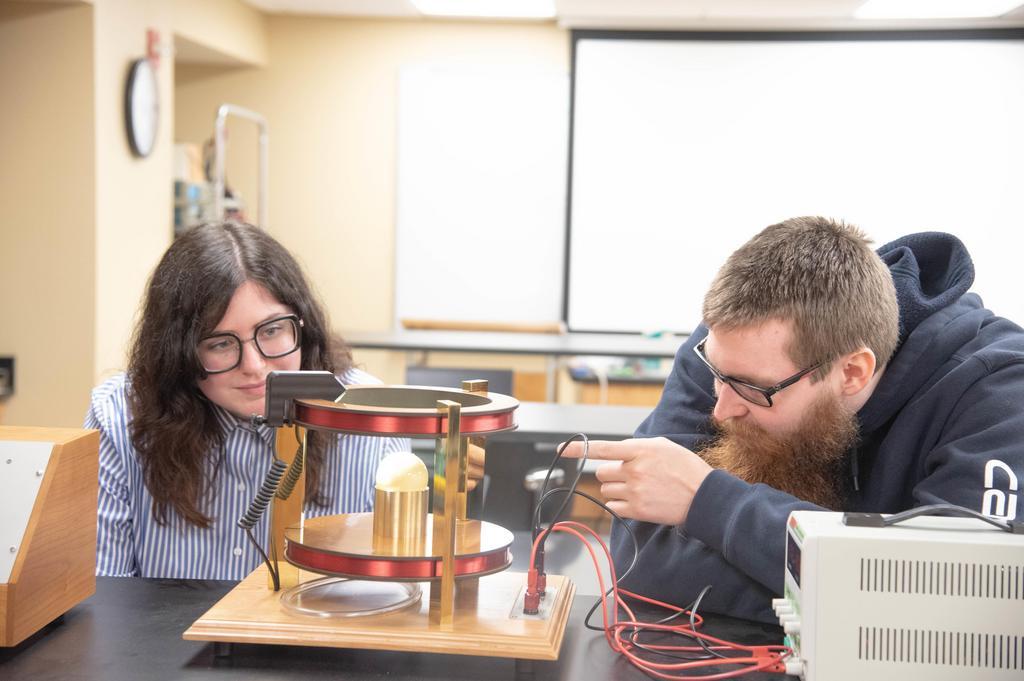
Programs
We offer bachelor options to major in physics with varied strengths of content and with opportunities to accommodate a second interest, such as medicine, engineering, education, astronomy, mathematics or computer science. Our curriculum aligns with nationwide expectations of breadth and rigor. Every class is taught by experienced faculty with solid scholarship or teaching credentials, who put your learning first. Our facilities are designed with your learning experience in mind.
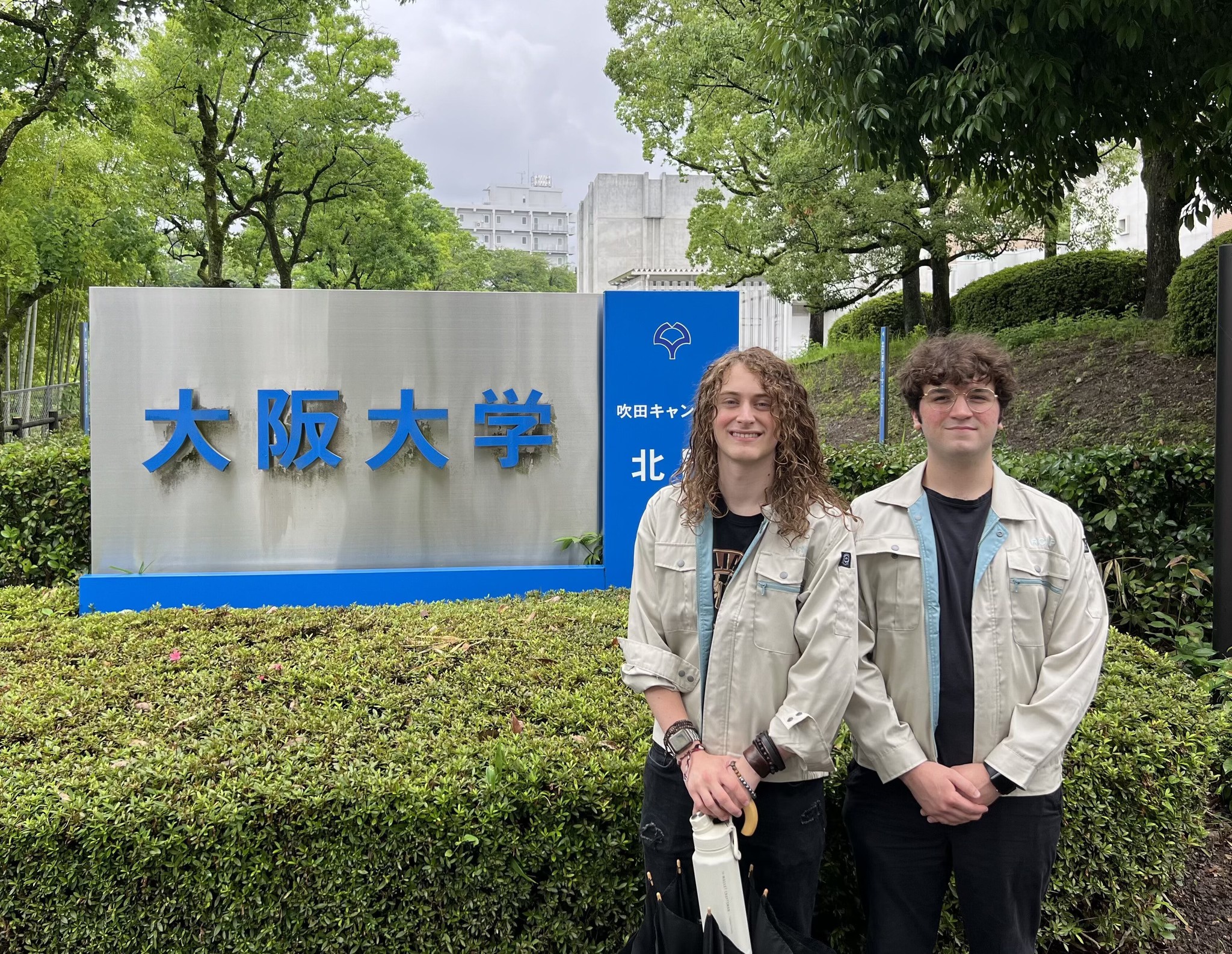
Research Opportunities
With no graduate students to compete for faculty attention and funding, your chances of landing a research opportunity are very high in our department. We recruit our undergraduate students to participate in the ongoing research of our faculty in magnetic nanomaterials and laser physics on site, and in nuclear physics at collaborating sites nationwide and worldwide.
Bridging Learning With The Real World
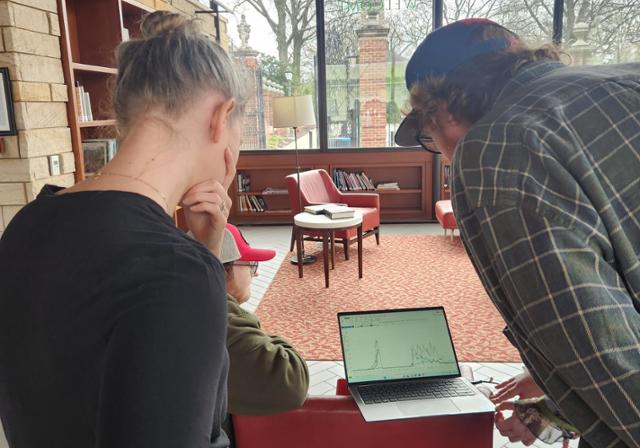
A physics degree prepares you for a variety of careers that rely on the
ability to think out of the box. Physicists investigate, understand and innovate wherever
they find themselves.
Undergraduate Student Publications
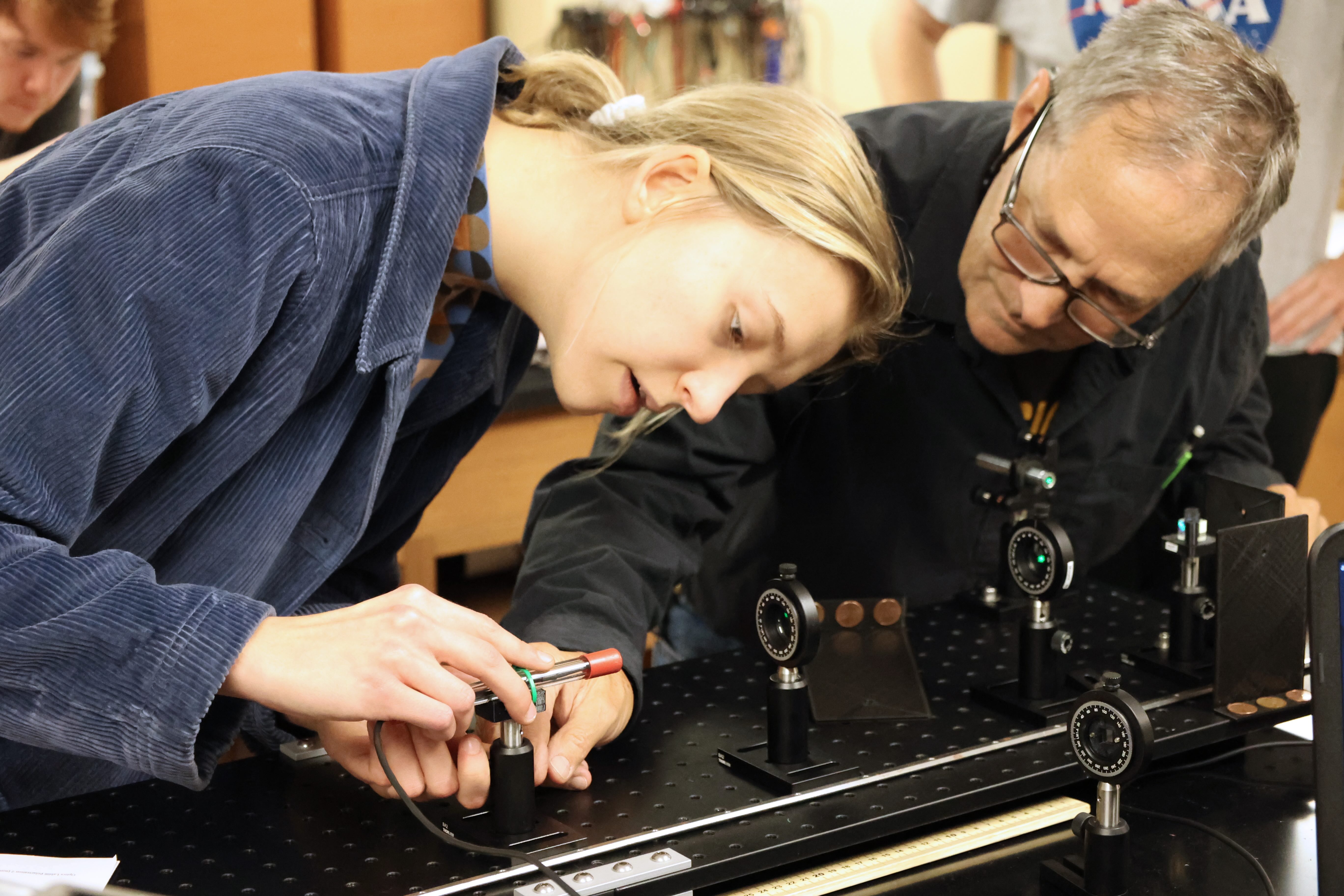
Physics Programs
Meet The Faculty
Alumni Voices
Featured content
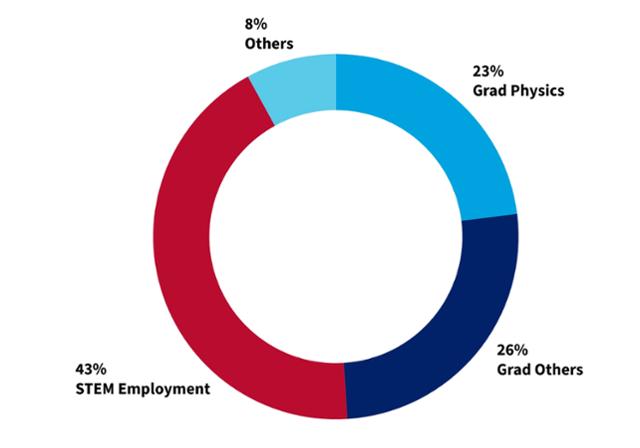
What Are Our Graduates Doing?
Within one year after graduation, the recipients of a Duquesne bachelor’s degree in physics have been employed in STEM jobs (43%), or have started a PhD program in physics (23%), or have started a graduate program in a field other than physics (26%), or were engaged in other outcomes, such as the military or non-STEM jobs (8%). These figures represent the graduates whose outcomes are known to us: 86% of all graduates between 2015 and 2024.


